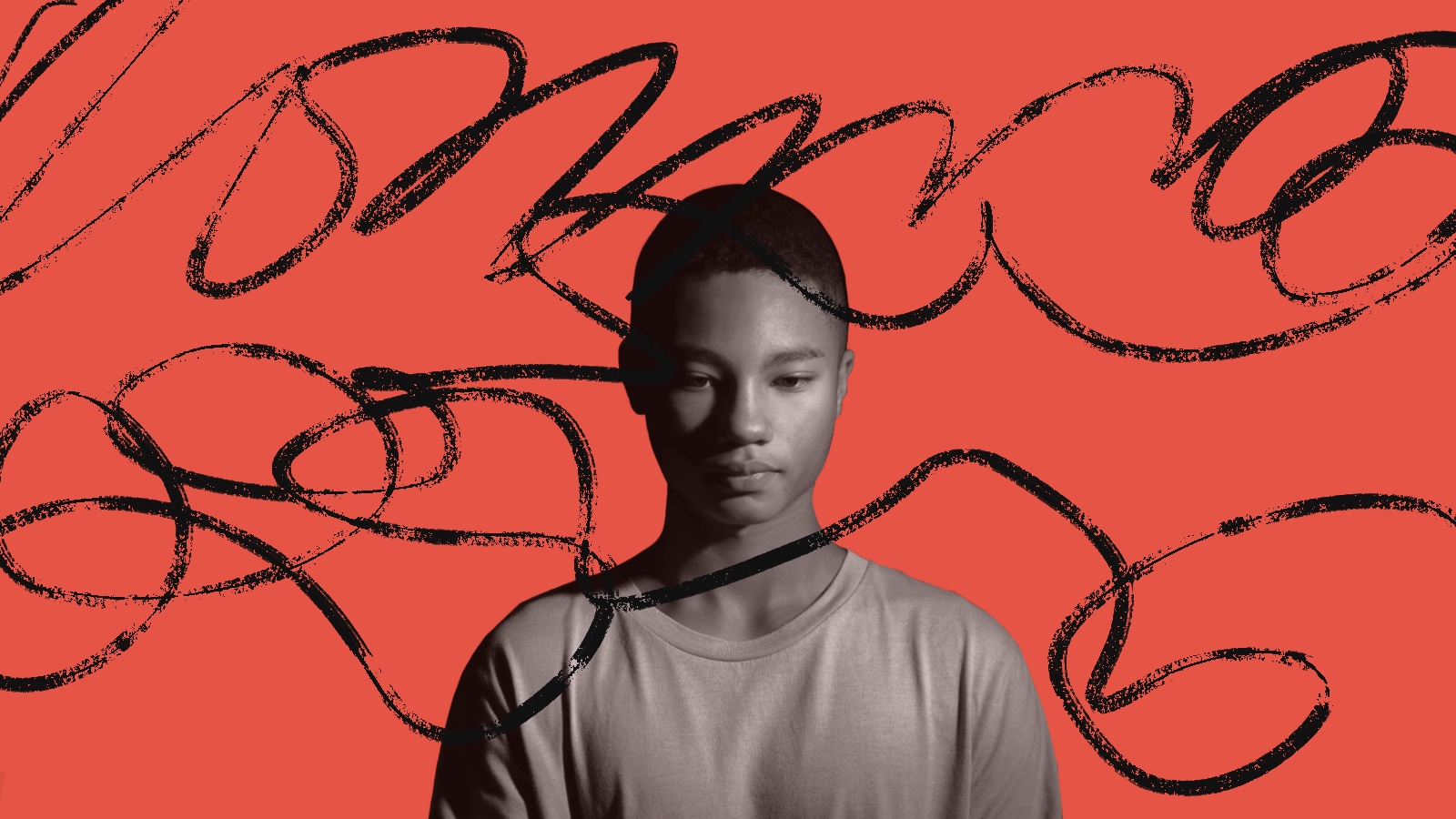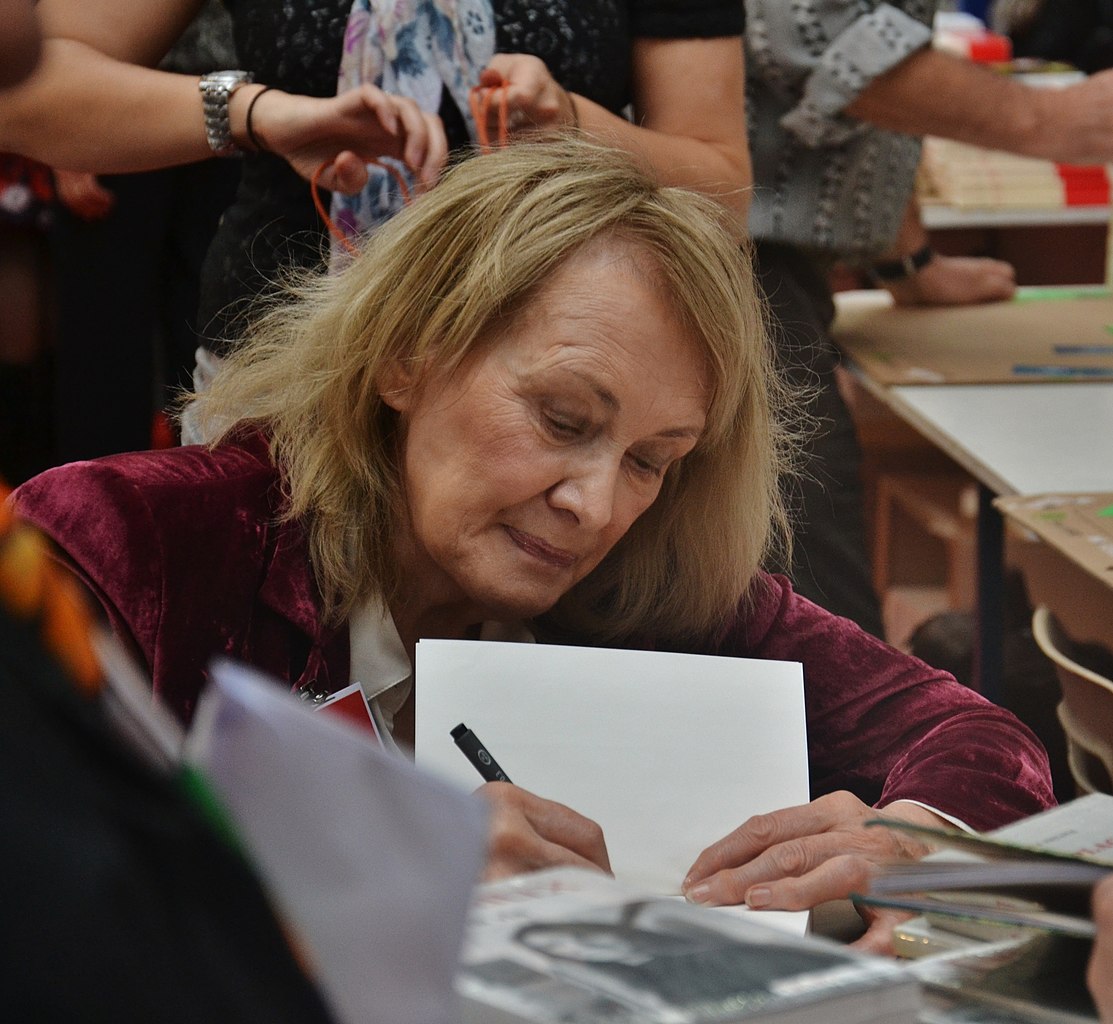Ethiopian lawyer and women’s rights activist Meaza Ashenafi discusses the matter-of-fact way too many patriarchal men treat rape. She also delves into a film, Difret in which she appears as a character.
Meaza Ashenafi: Ethiopia is a country with over 19 million population and the country was a long history very rich culture. And unfortunately some of the traditional practices and norms affect women negatively. And the practice of telefa, which is abducting girls for marriage, is one of the harmful practices that affect the physical and mental as well as social-economic lives of women in Ethiopia.
I heard about the story on the radio. I was in a car. I was a driver and we were listening to a radio and there was media coverage about 14-years-old girl being abducted and raped and killing her would the husband. So as soon as I learned about the story, I immediately thought that we should be going to this place, which is 300 km outside of Addis Ababa where we work. And we should be able to defend the girl. I thought about this because I believed that we should save her life because she was facing like a life sentence. And secondary, also I knew that this is going to be a big case, precedent-setting case, which we could use for public education to enhance the dialogue and the conversation around abduction around telefa. Such a story is, for some people, especially people living in the West, it's completely outside their experience; in that sense it will educate people on how women live in the other part of the world.
Secondly, it's also a call to action. I believe educational institutions, women's rights organizations and government and non-government institutions whose mandate focus on gender equality would like to use this film for advocacy, for legal reform and to sort of enhance and accelerate programs towards especially fighting child marriage around the world. That's my hope. Getting Angelina Jolie was quite helpful — the movie, the content, the history, the presentation is fantastic, but her agreeing to be executive producer really took it to another level, to another height and I think that was kind of her. I think this film is quite educational in that sense because it does not necessarily judge the community. It does not necessarily sort of point a finger to the community; it sort of shows where the thinking comes from. So it sort of makes you to have a conversation with yourself because it makes you — it's not an easy sort of sin because these people, they have lived with this tradition for a number of years and that's what they know. That's what they believe. From time to time we need to go back to the drawing board and we need to have some real conversation on why these things are happening. It's not enough to say, "Well it's the culture; well it's a tradition." We need to discuss about, unpack and discuss about why this is happening.





